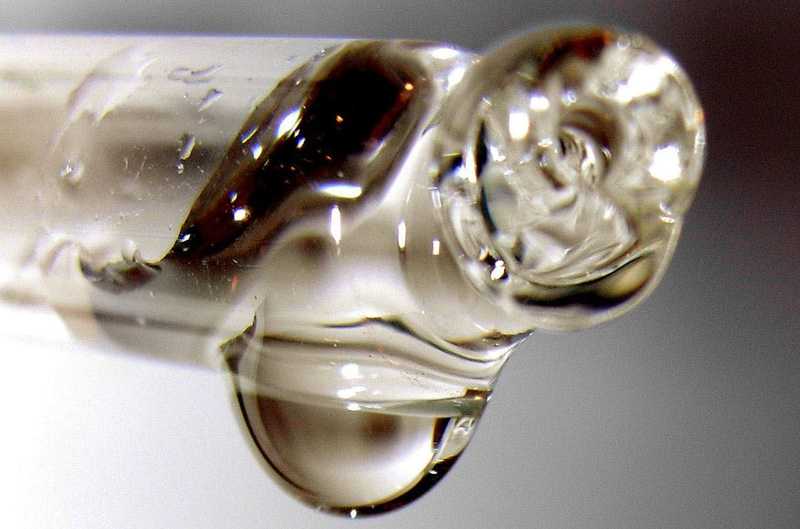There is a growing body of evidence that cannabis can help alleviate the pain of cancer, reduce the side effects of chemotherapy, and even reduce certain cancerous tumors. Despite this and other evidence that medical marijuana is beneficial for a number of other diseases, the United Kingdom continues to ban medical marijuana and criminalize the possession, use, and growth of cannabis.
Cancer in the United Kingdom
As it is in many nations of the world, cancer is the leading cause of death in the United Kingdom, accounting for 29 percent of all deaths in 2012. According to Cancer Research UK, more than 330,000 people are diagnosed with cancer every year, and about 162,000 people die from it. The 10-year survival rate is 50 percent, and cancers of the breast, lung, prostate, and bowels account for more than half of yearly cancer diagnoses.
Treatment traditionally consists of surgery, chemotherapy, radiation therapy, or a combination of all three. Other types of treatment include immunotherapy and hormone therapy. But traditional treatments don't always work, and the side effects can be debilitating. Some of these side effects include:
- Nausea
- Vomiting
- Fatigue
- Loss of appetite
- Loss of hair
In addition, a cancer diagnosis and the accompanying treatment have been associated with mental health disorders, such as depression and anxiety.
Cannabis and Cancer
Cannabis has been used to treat many illnesses and conditions for thousands of years, despite the lack of scientific evidence for its use. England has a rich history of medicinal cannabis use. In 1621, Robert Burton published The Anatomy of Melancholy, in which he supported the use of cannabis for treating depression. Thirty years later, Nicholas Culpeper recommended hemp extract for treating headache, gout, and arthritis. In the 1800s, Dr. William O'Shaughnessy promoted the use of cannabis for muscle spasms, menstrual cramps, rheumatism, and seizures. Queen Victoria herself is anecdotally reported to have used cannabis to relieve menstrual cramps. Despite cannabis's extensive history, the scientific basis was lacking.
Research into the effects of cannabis on cancer began in earnest about 100 years later. In 1974, researchers at the Medical College of Virginia found that cannabis slowed the growth of cancerous tumors in mice.
In the past 20 years other research has found that cannabis can:
- Reduce nausea and vomiting associated with chemotherapy
- Reduce pain and inflammation of chemotherapy
- Reduce cancer pain
- Improve appetite
- Shrink brain and breast cancer tumors
Even the National Institute on Drug Abuse in the United States has revised its publication on marijuana by recognizing the positive effects of cannabis for some cancer patients.
Where the UK Stands on Cannabis
In 1928, the use, growth, and possession of marijuana became illegal in the UK under the Dangerous Drugs Act. This occurred despite lack of evidence that cannabis was, in fact, dangerous. Cannabis is currently listed as a class B substance, meaning that its possession can result in a fine and/or five years in prison, and its cultivation can results in a fine and/or 14 years in prison.
In 2010, the oromucosal spray Sativex was licensed in the UK for treating multiple sclerosis spasticity. This medication is derived from two strains of cannabis and contains both delta-9 tetrahydrocannabinol (THC) and cannabidiol (CBD), cannabinoids that have been associated with many of the medical effects currently being studied. The use of Sativex is restricted only to multiple sclerosis patients who are not responding to traditional treatments or who cannot tolerate the side effects of traditional treatment, and the cost of Sativex in the UK remains high and out of reach for many patients. Despite this relaxing of the cannabis ban, the use of cannabis for treating cancer still remains illegal.
Bud Buddies
From 2002 to 2005, a grassroots organization, Bud Buddies, supplied ill patients with medical marijuana for free. This organization had researched the benefits of medical marijuana from around the globe and felt it was their mission to help those in need. Although they were forced to close in 2007, they continue their work on developing a high-quality cannabis oil, albeit in Spain, and to promote legislative change in the UK through Project Storm. This documentary features advanced cancer patients in the UK who have come to rely on cannabis for treatment and symptom relief.
Cannabis Oil in the UK
It is currently illegal for anyone in the UK to possess cannabis products, including cannabis oil. Cannabis oil is concentrated oil extracted from the cannabis plant. Depending on the ratio of THC to CBD, the oil can cause the high feeling of marijuana. While some continue to advocate smoking cannabis for the faster onset of effects, smoking is not always beneficial to those with cancer or those undergoing chemotherapy. Cannabis oil provides a healthier method of delivery. It can be taken via an oral syringe, in a pill capsule form, or dropped under the tongue. For some, it can be added to food or drink.
According to Project Storm, cancer patients continue to seek cannabis for their illness, even with the knowledge that they could be arrested. Some have learned how to extract the oil themselves and grow their own cannabis plants. Some seek relief from black market suppliers, and some rely on overseas shipping from countries where medical marijuana is legal.
"Reefer Madness" seems to be alive and well in the UK. Despite the growing body of evidence that cannabis and medical marijuana can provide relief to those suffering from cancer, numerous countries legalizing medical marijuana, and the pleas of many in the UK's medical community, the UK continues to treat cannabis as a dangerous drug.
